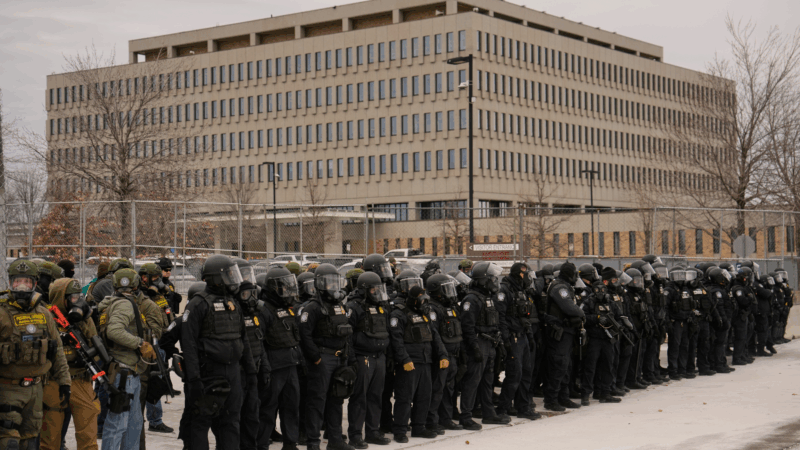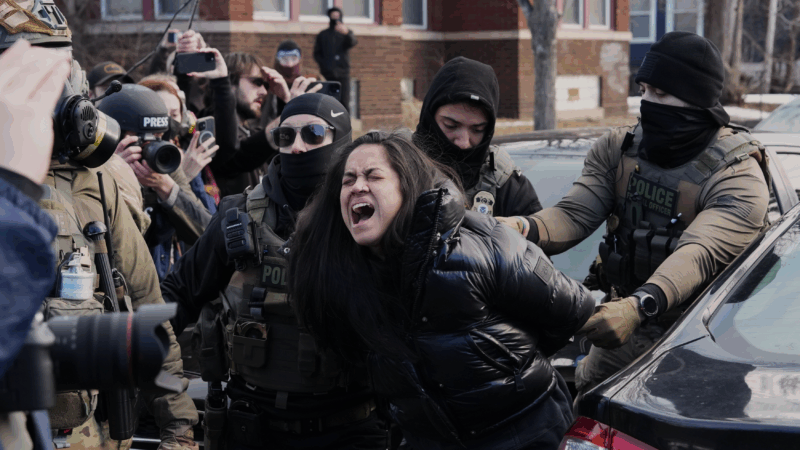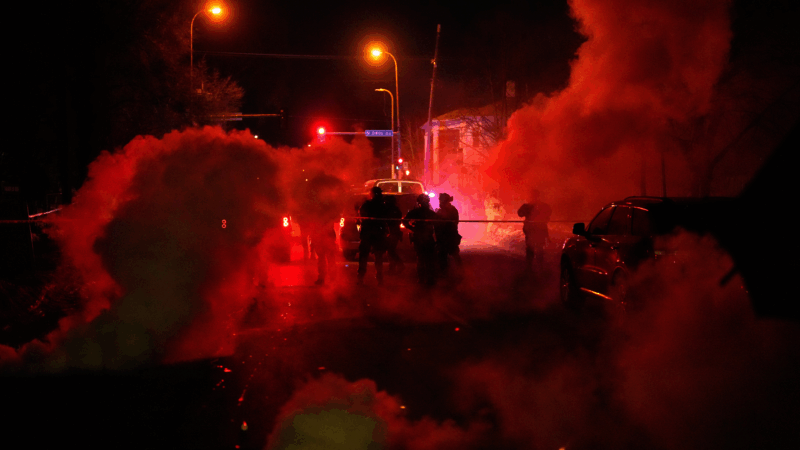Kremlin says it will halt strikes on Ukraine energy sector after Trump and Putin talk
President Trump and Russian President Vladimir Putin agreed during a phone call on Tuesday to start talks toward a ceasefire in Ukraine, the White House said — with the Kremlin saying it would begin with a 30-day halt to strikes on energy infrastructure.
The Kremlin said in a statement that Moscow wants a long-term settlement, but said Putin insisted on an end to foreign intelligence sharing and military aid to Ukraine.
The two leaders during the call discussed the need for “a lasting peace agreement,” according to a White House statement.
“The leaders agreed that the movement to peace will begin with an energy and infrastructure ceasefire, as well as technical negotiations on implementation of a maritime ceasefire in the Black Sea, full ceasefire and permanent peace. These negotiations will begin immediately in the Middle East,” the White House said.
Last week, Ukraine agreed to a U.S. plan for a 30-day ceasefire. As part of the plan, the United States immediately lifted its pause on sharing intelligence with Ukraine.
Tuesday’s high-stakes call was the latest effort in Trump’s efforts to reach an agreement to eventually lead to the end of the Russian war on Ukraine. Trump last spoke to Putin on Feb. 12 for about 90 minutes, during which time the leaders agreed to visit each other’s nations.
On Sunday, ahead of the call, Trump told reporters that negotiations have progressed so far that he and Putin would be discussing “dividing up certain assets,” including land and power plants.
“It’s a bad situation in Russia, and it’s a bad situation in Ukraine,” Trump told reporters on Monday. “What’s happening in Ukraine is not good, but we’re going to see if we can work a peace agreement, a ceasefire and peace. And I think we’ll be able to do it.”
In advance of the call, the Trump administration special envoy Steve Witkoff traveled to Moscow last week to speak with Putin. Witkoff told CBS News Sunday that he met with Putin for three or four hours, and described the meeting as positive and constructive. He said he sees “very good trends” toward the “possibility of a near-term peace agreement.”
“There are regions that we all know the Russians are focused on,” Witkoff said. “There is a nuclear reactor that supplies quite a bit of electricity to the country of Ukraine. That’s got to be dealt with. There’s access to ports. There’s the Black Sea potential agreement. There’s just so many elements.”
Trump and Putin also discussed the Middle East and agreed the region could serve as a place for potential cooperation to prevent future conflicts. The White House said they discussed “the need to stop proliferation of strategic weapons” and agreed that “Iran should never be in a position to destroy Israel.”
This is a developing story and will be updated.
They quit their day jobs to bet on current events. A look inside the prediction market mania
Prediction market apps are thriving in Trump's second term, with traders betting on migrant deportations to election outcomes. A community of young, mostly male and very online traders are driving the industry's bonanza.
Trump is threatening to cut funding from sanctuary cities. Here’s what to know
President Trump says he's cutting federal money to sanctuary cities. But courts have blocked similar moves, ruling that the federal government can't use funding to coerce state and local governments.
Yes, introverts and extroverts can be good friends. Here’s how
Can't seem to match the energy of a good friend? You might be on opposite ends of the personality spectrum — and that's OK. Here's how to foster deep connections despite your differences.
Events in Minneapolis show how immigration enforcement has changed. What’s the impact?
Minneapolis is at the center of sweeping, evolving federal immigration push. It demonstrates how different immigration enforcement is under Trump's second administration - and raises questions about the lingering effects on local communities and law enforcement.
Major plumbing headache haunts $13 billion U.S. carrier off the coast of Venezuela
The crew of USS Ford is struggling to handle sewage problems on board the Navy's newest carrier.
Judge rules immigration officers in Minneapolis can’t detain peaceful protesters
Officers in the Minneapolis-area participating in a U.S. immigration enforcement operation can't detain or tear gas peaceful protesters who aren't obstructing authorities, a judge ruled Friday.






